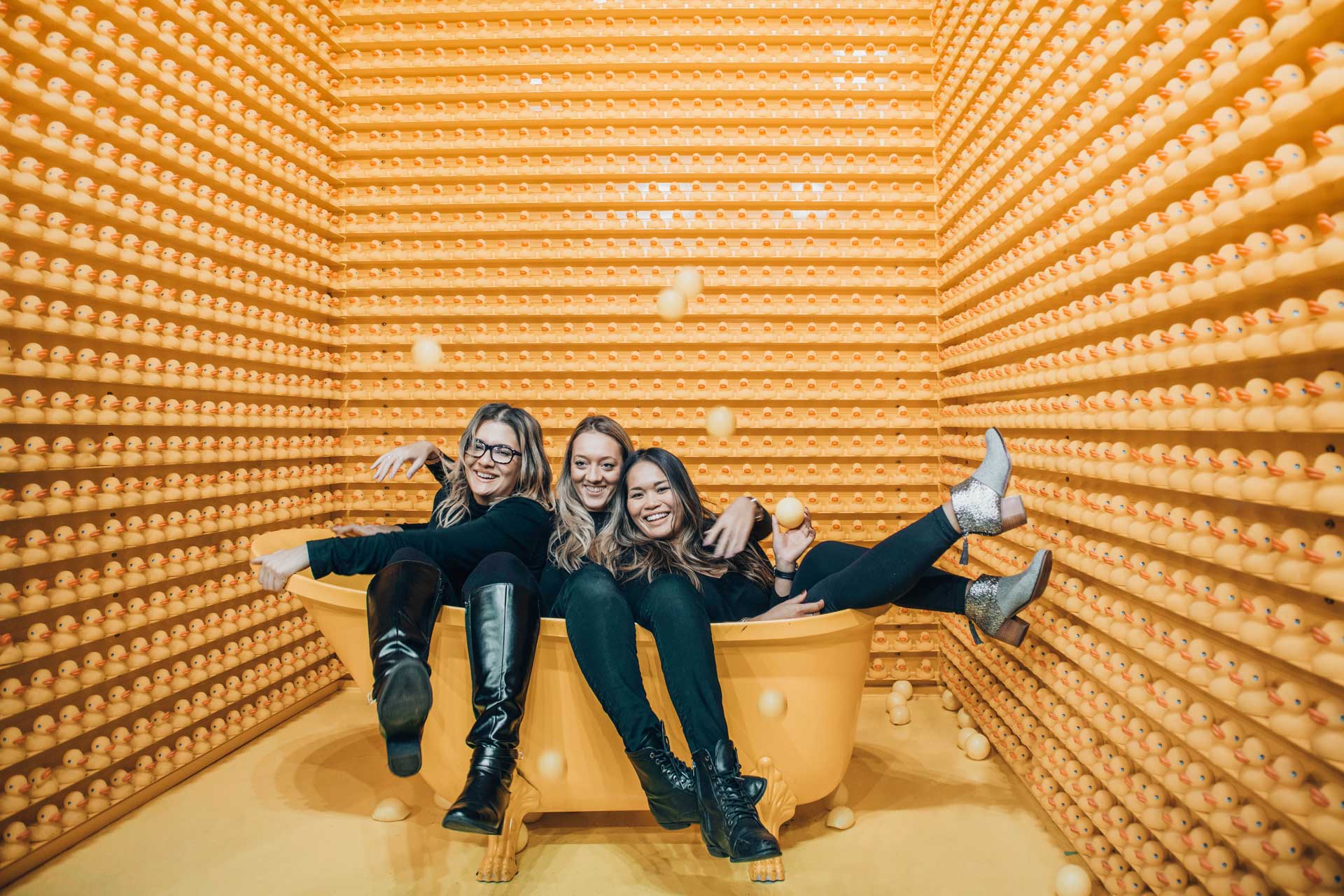
Who’s Behind The Calm App?
Do Nothing for Thirty Seconds.
“It is a very modern success story, and a somewhat paradoxical one: Calm is a young San Francisco company selling a centuries-old spiritual practice, a smartphone app that purports to undo the anxieties of the smartphone age, and a venture-funded start-up that has managed to monetize sitting and doing nothing.” -Annie Lowry for The Atlantic
The story of how Calm came to be is indicative of how western wellness continues to jump from one misguided wellness trend to the next. While it might look like Calm was a dreamed up idea to bring solutions to the frenzy of the modern world, like most app stories it started with two young founders looking to build a business.
Unlike Andy Puddicombe, who founded the Headspace App and is a serious meditation student; Michael Acton Smith and Alex Tew met in the mid 2000’s at a party on a houseboat on the Thames. They became roommates in London’s SoHo and launched a handful of tech ventures before Calm.
In an exclusive for the Atlantic, the founders were actively looking for their next project when they saw the domain name calm.com was up for auction. “We saw it and thought, Wow, what a domain!” Acton Smith said. “Should we try and buy it? We can build the world’s most incredible brand.”
However, Calm.com was not an instant success. There were years that Calm was down to it’s last couple thousand dollars struggling to stay afloat. That was all before 2018 when mental health apps began to see popularity. Today, Calm is valued at $2 billion, and has about 100 million downloads. 2018 saw the biggest jump in popularity for the entire mental health app market, but noticeably Covid increased Calm’s usership by about a third of it’s pre-pandemic numbers.
Today Calm is the most downloaded mental health app, and it might be because it removed the meditation part from meditating. The interface is simple, contemporary, aesthetically pleasing. The “do nothing for thirty seconds” sounds very attainable to someone who has never dabbled in meditation before.
It isolates some of the key benefits of meditation, synthesizes it into a palatable format for app users, and leaves the rest out. It successfully despiritualizes meditation making it more appealing to a culture that has growingly rejects spiritual faith but struggles with anxiety. Instead of using a mental practice to attain synchronicity with spirituality; Calm stays focused on using meditation to increase productivity, cognitive skills, efficiency, and mental clarity.
With celebrity voiceovers from Harry Styles, LeBron James, and Nicole Kidman it adds some star-power to meditation. In their interview with the Atlantic, the Calm founders stated, “we want to do for mental fitness what Nike did for physical fitness 50 years ago”.
While it’s not a monetization that necessarily has negative consequences, there may be more benefit for those looking for stress reducers to go straight to the cause. It’s reflective of a wellness culture that wants to keep turning stones over, looking for a quick fix.
Even the marketing around Calm is subtle but manipulative. “Calm” suggests stress is something we should avoid and buy a solution for if we experience stress. Some levels of stress or discomfort don’t need to be resolved. Meditation would teach that stress isn’t something to stress about.
There are a lot of non-monetized stress reducers that get someone away from their phone screen like exercise, walk in nature, journaling, or music. But if Harry Styles reading a bedtime story sparks joy (and no judgement if it does), then there is no reason not to try the Calm app.
Speaking of free relaxation content, check out the free podcast Sleep With Me. Created by someone who struggled with sleep for years, Sleep With Me is rambling, humorous, quirky listen that is almost impossible to stay awake through.


